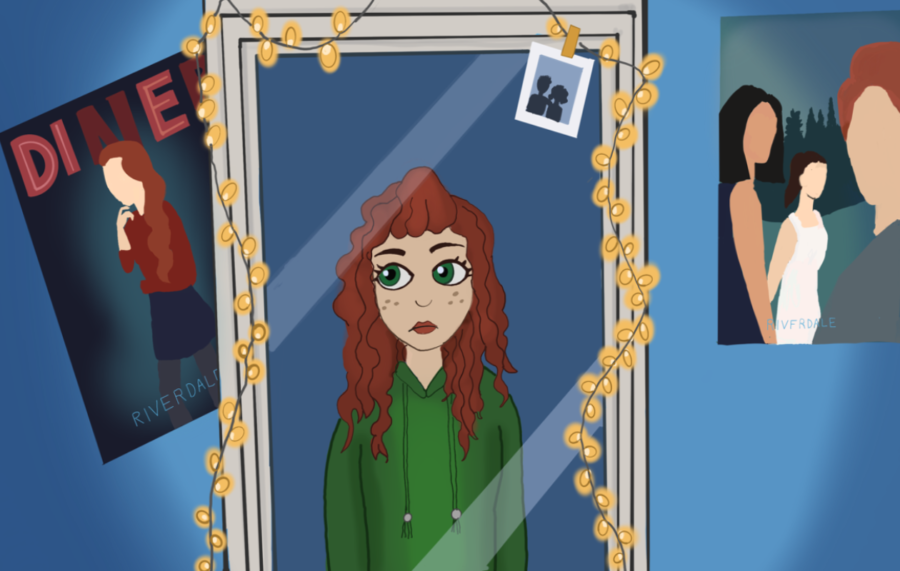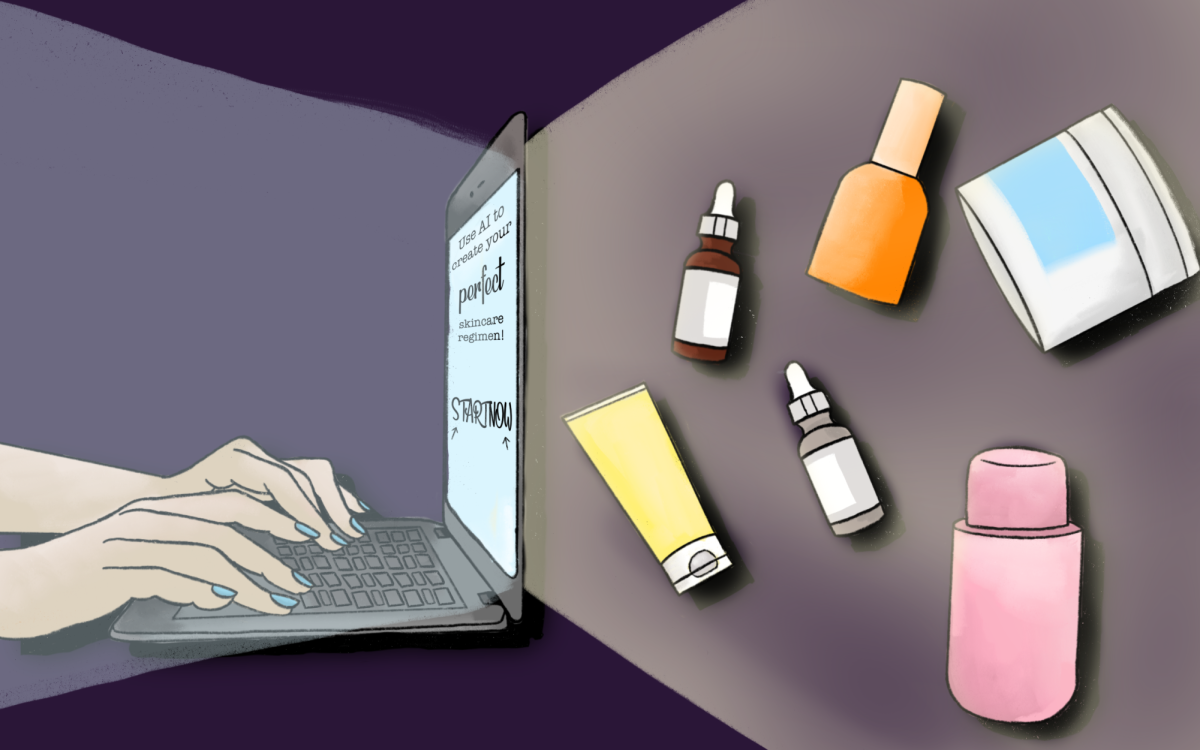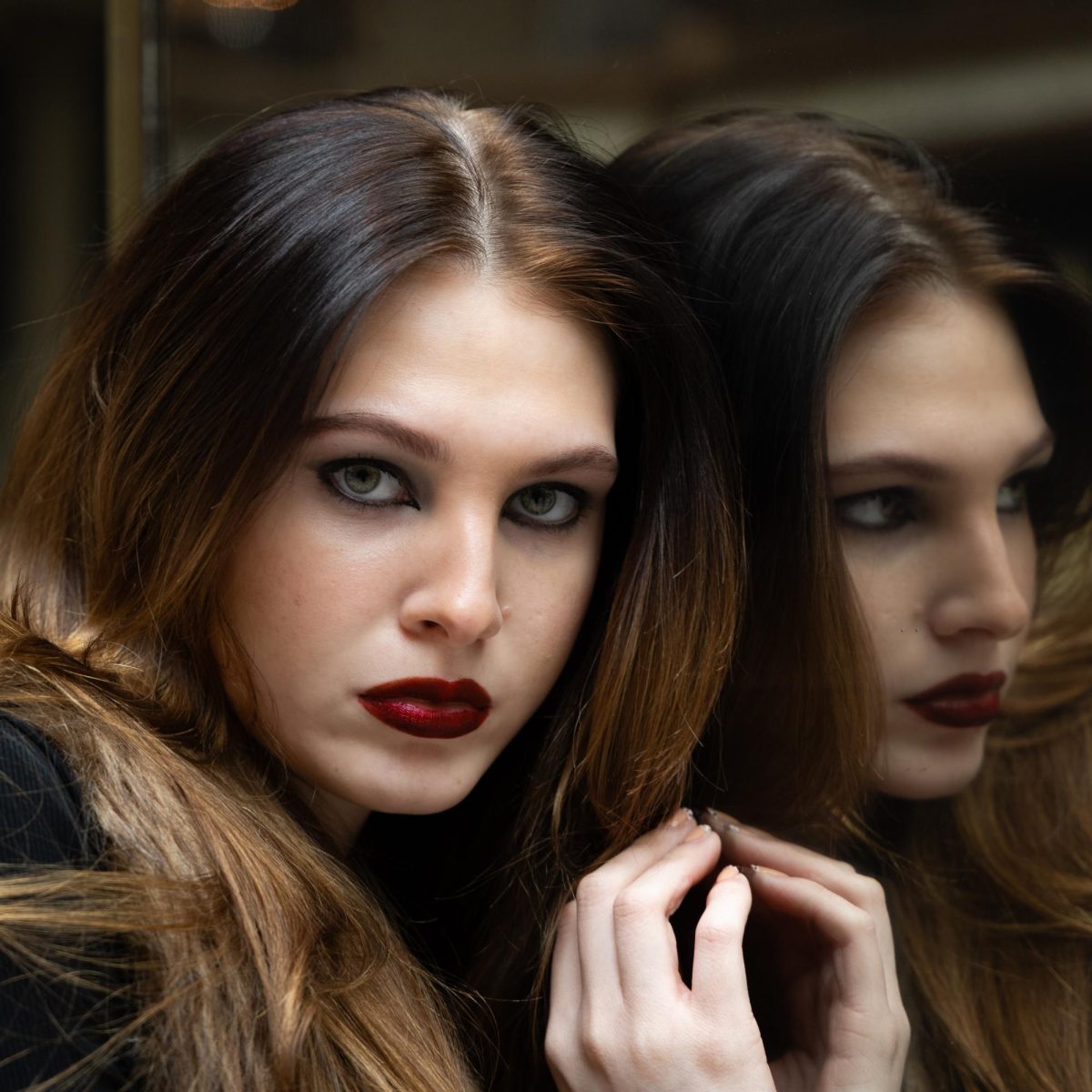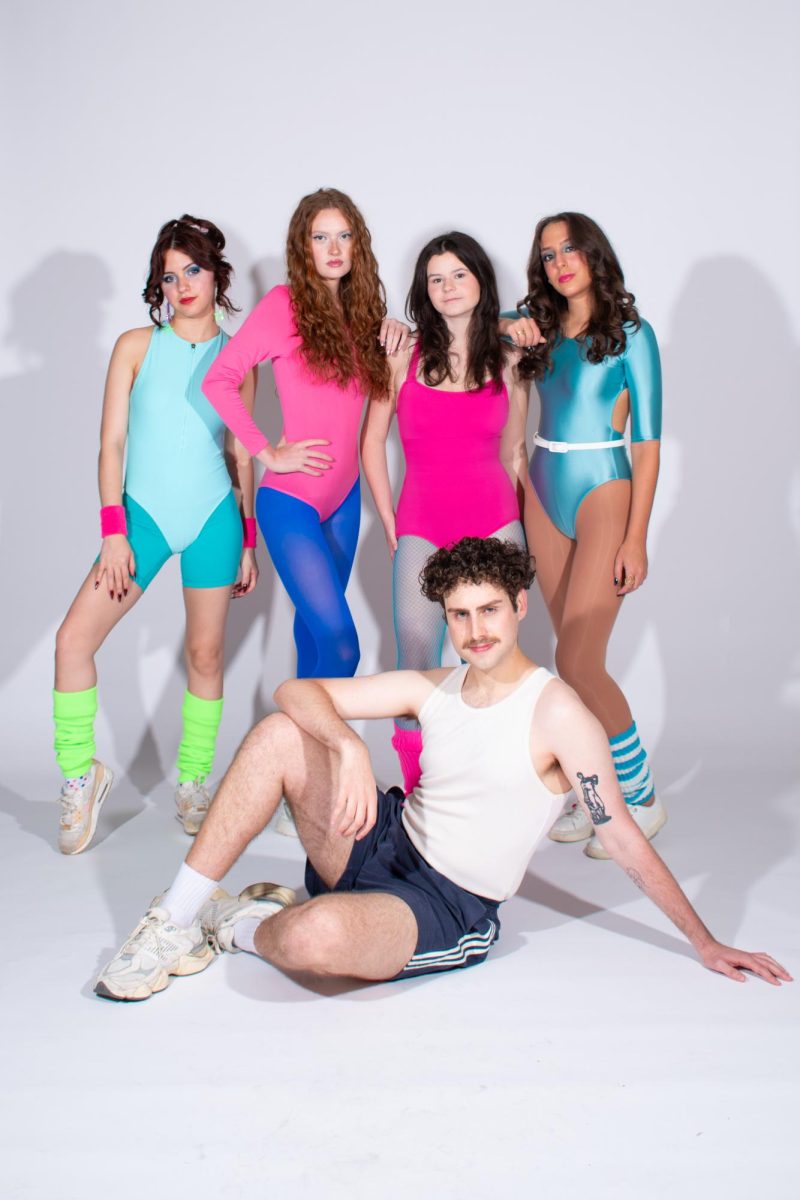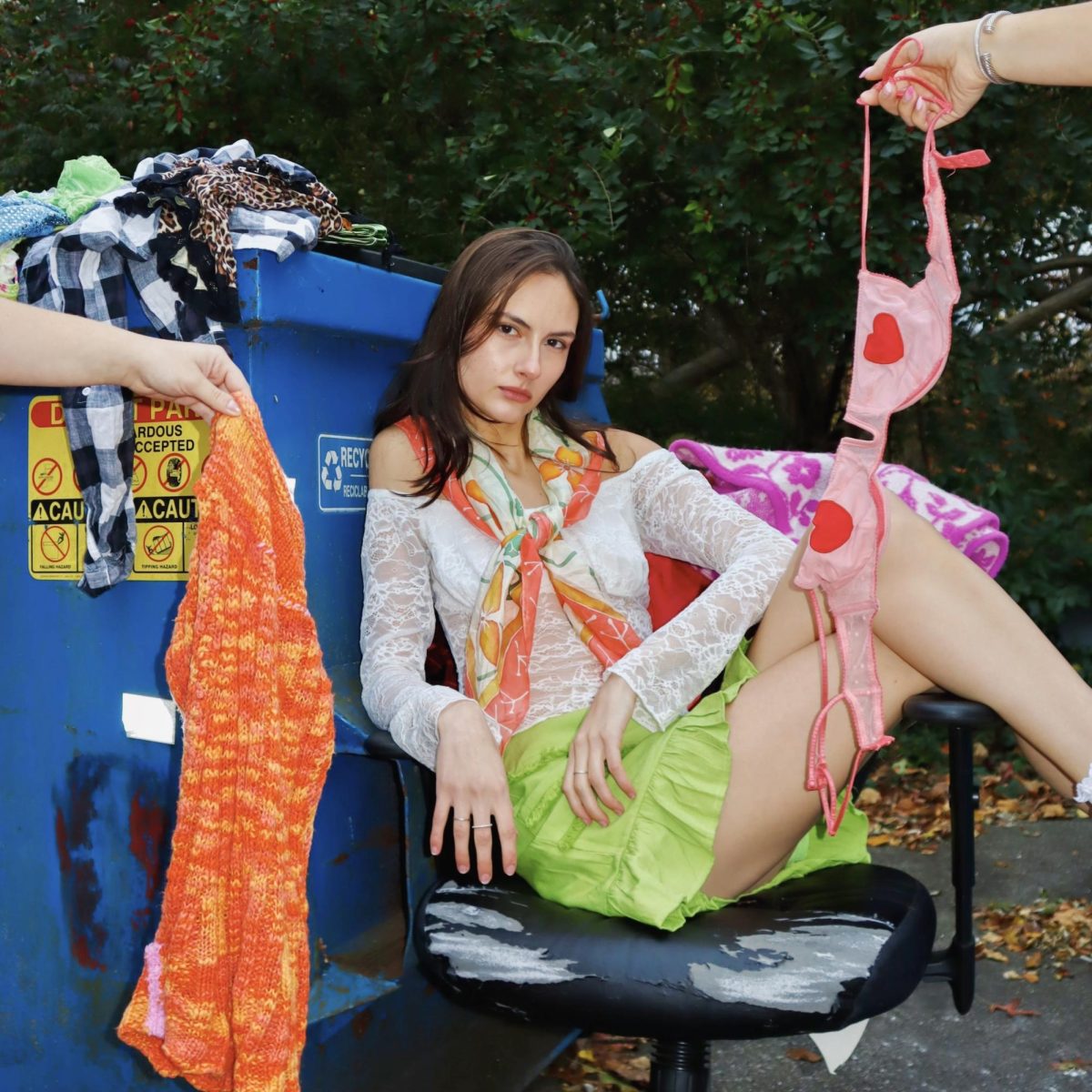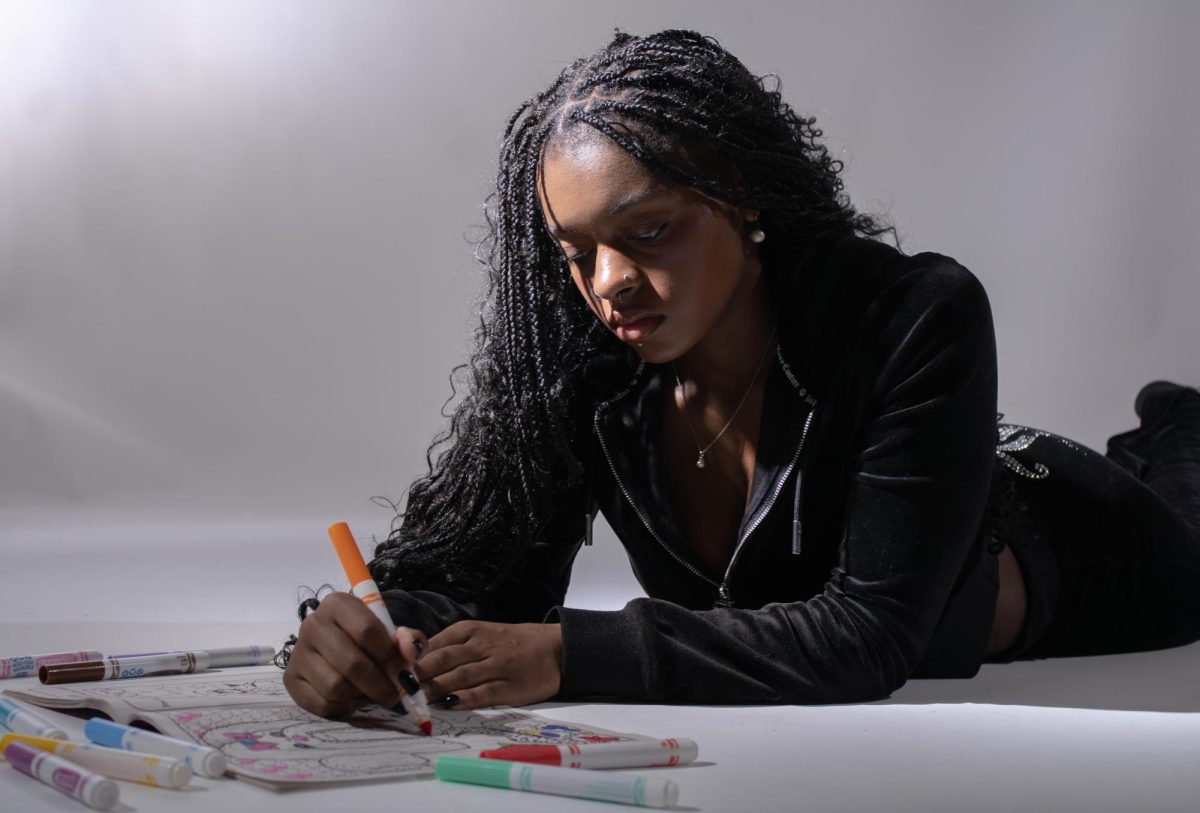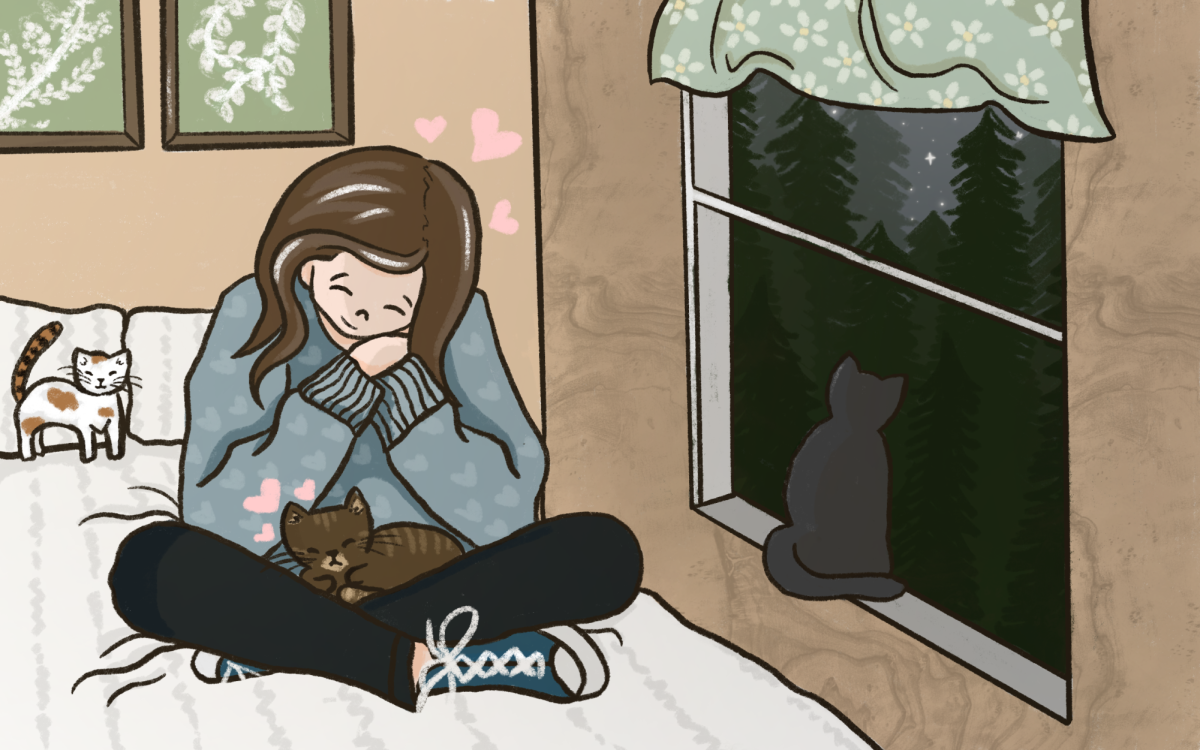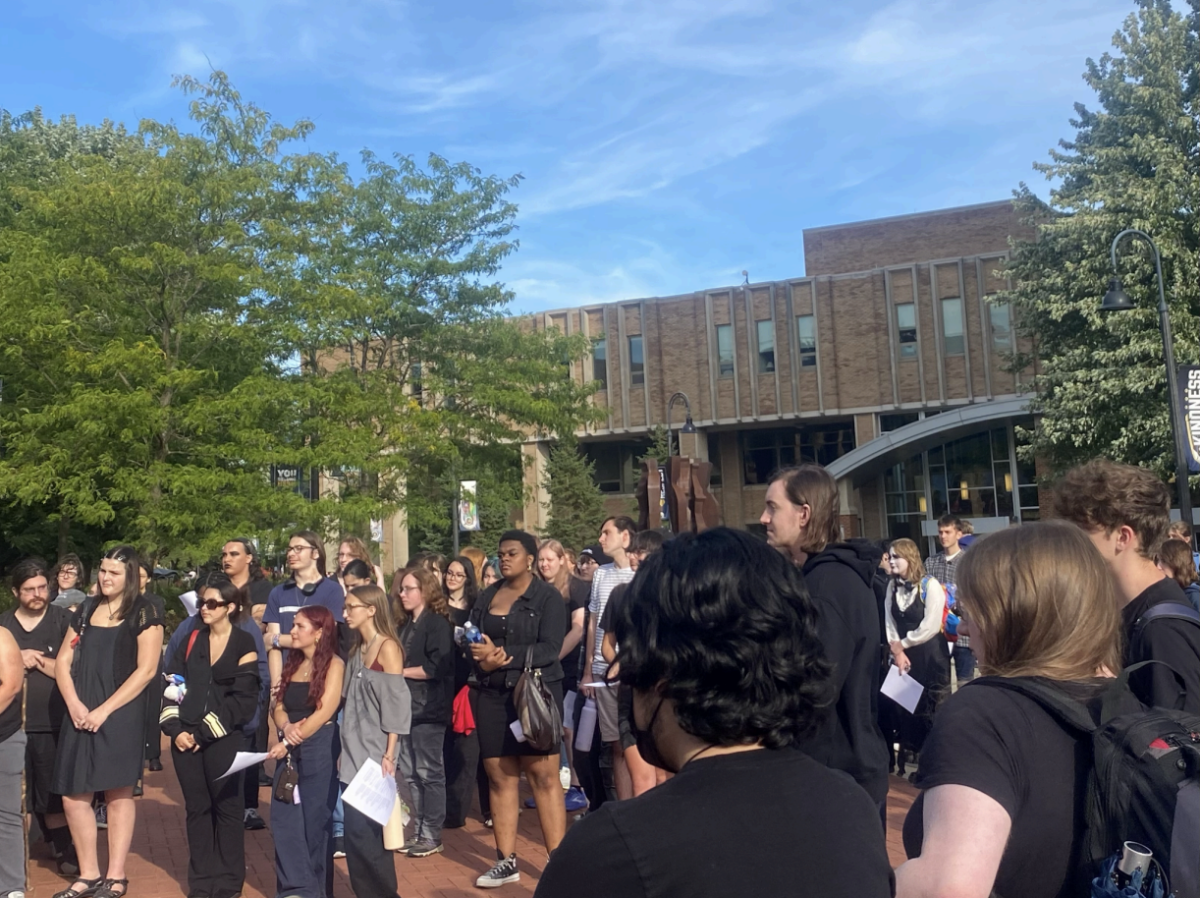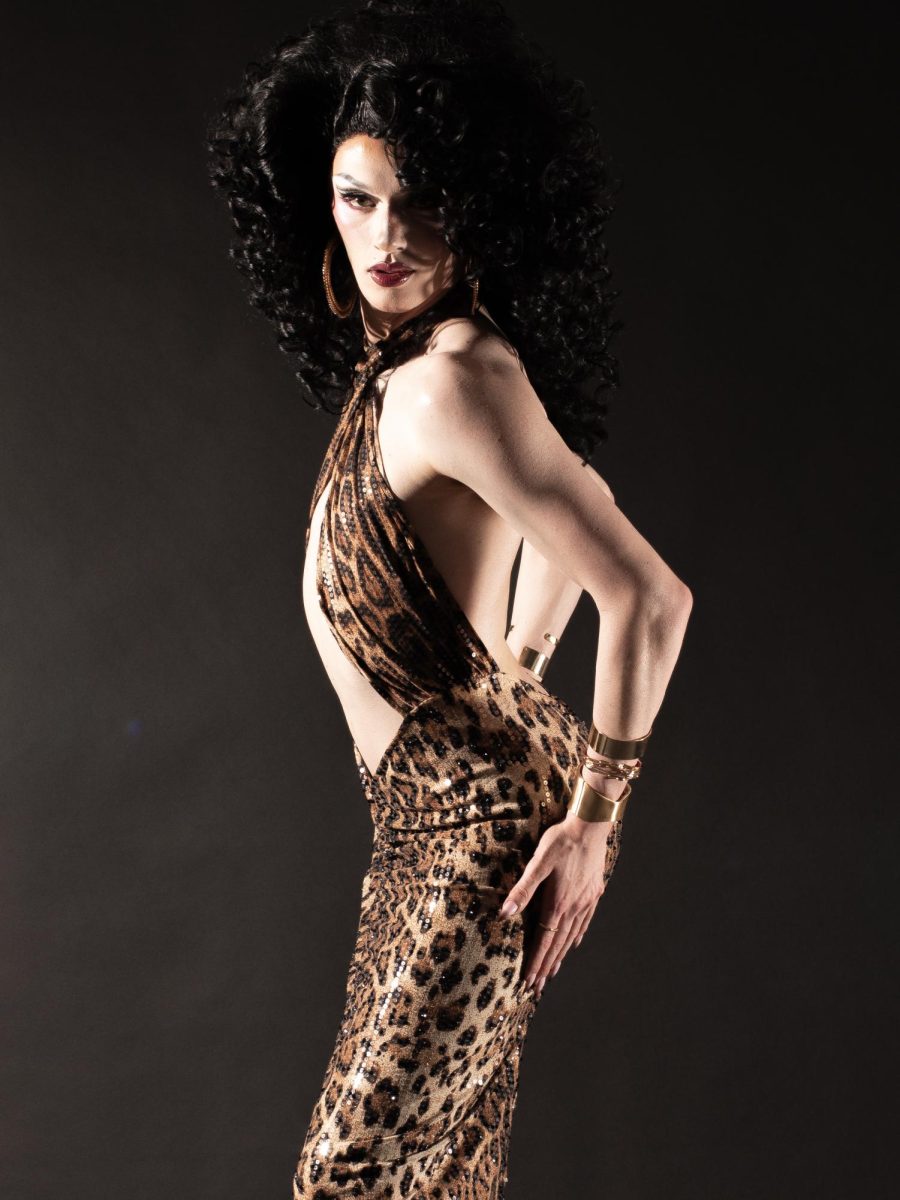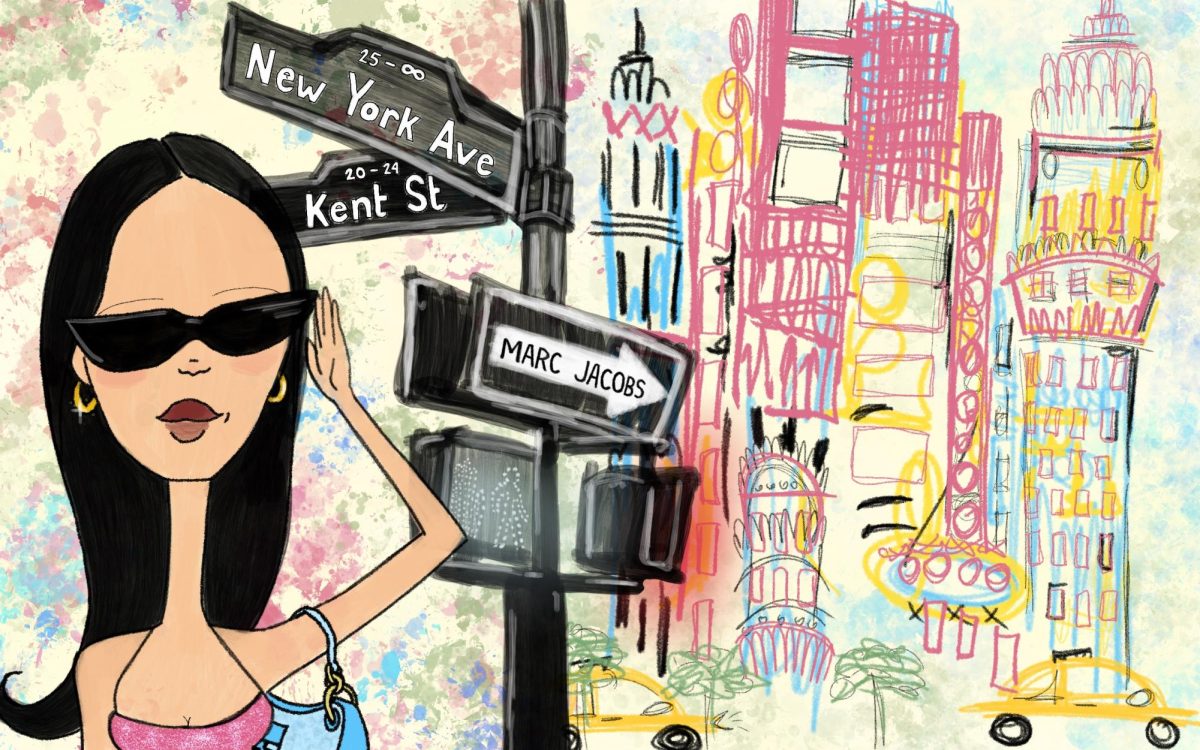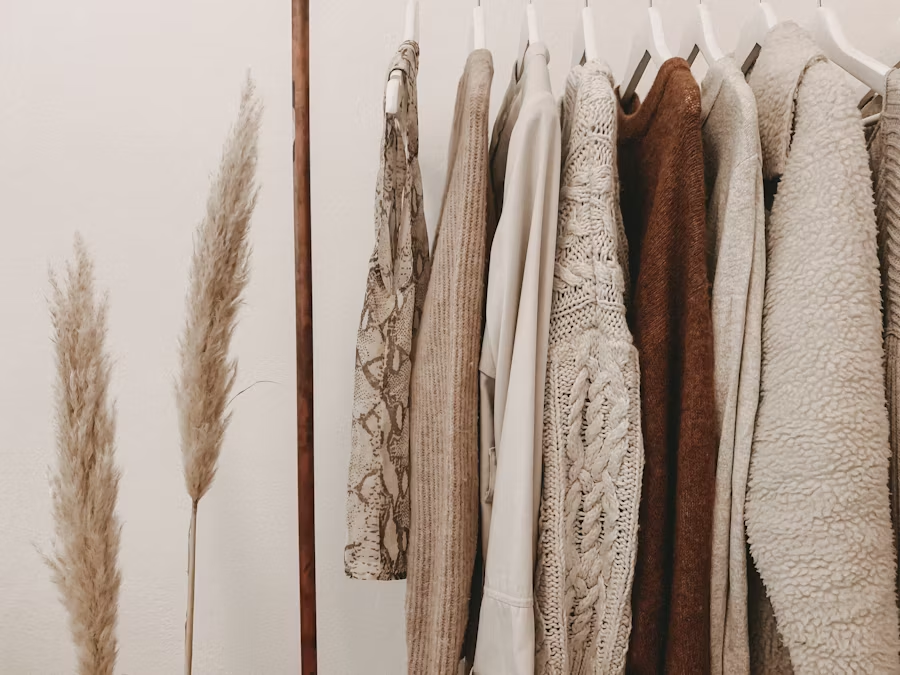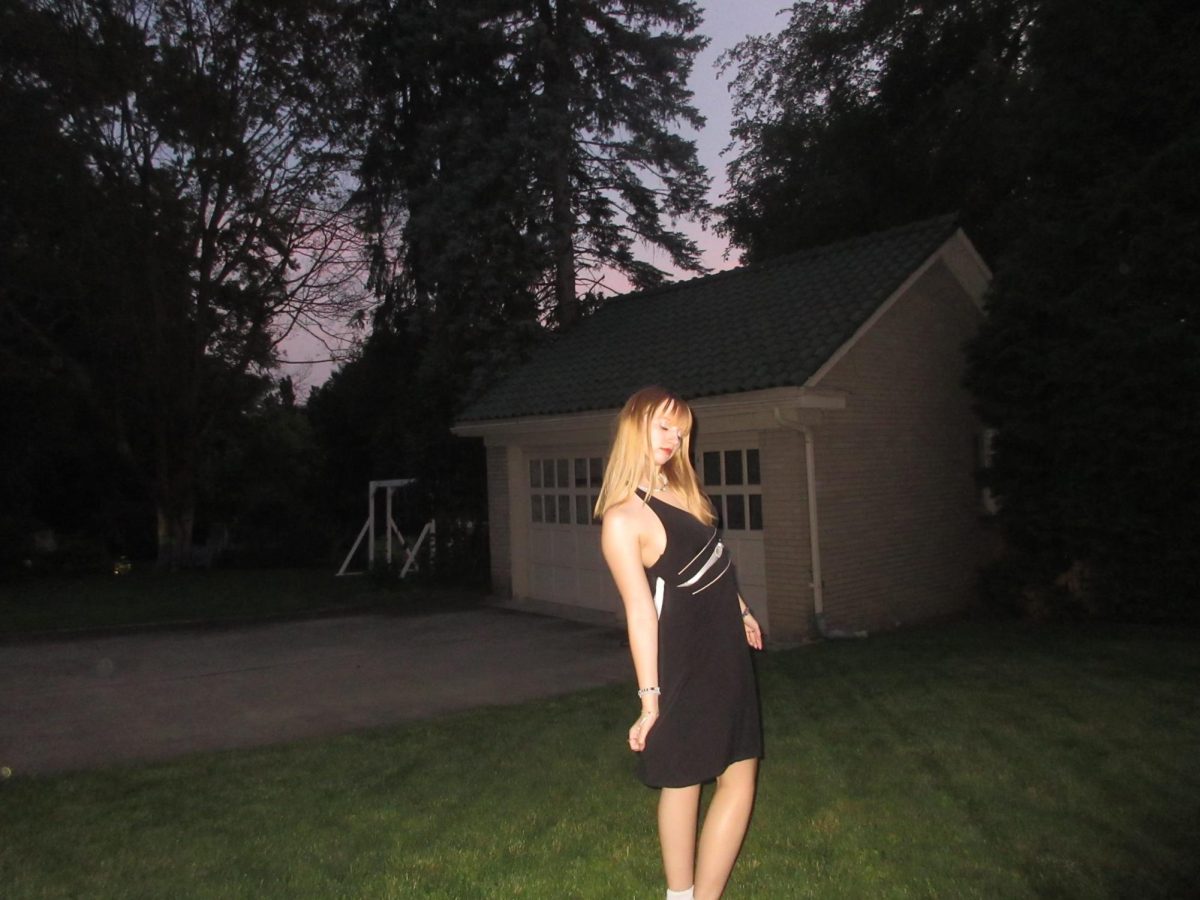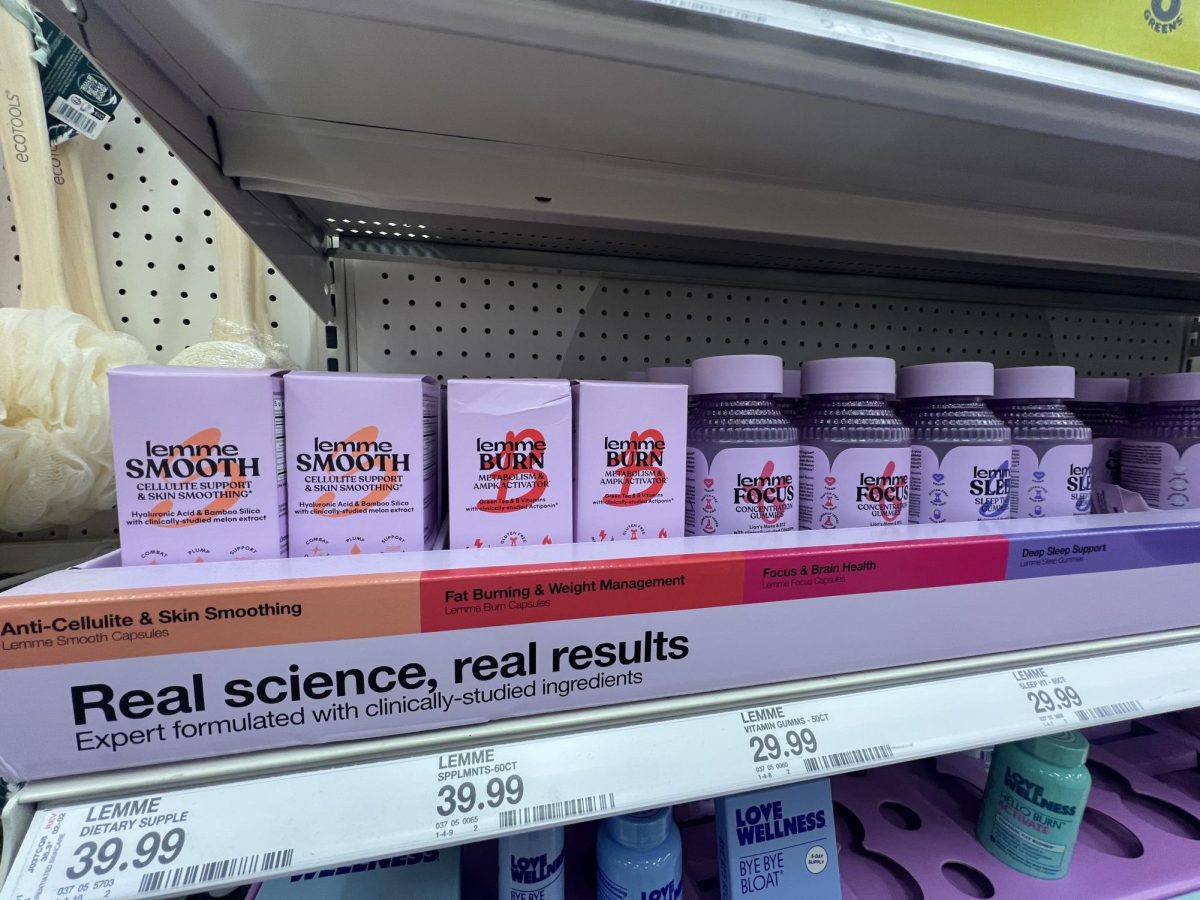As an impressionable middle schooler in 2012, I was captivated by television shows about the drama and intrigue of high school. “Gossip Girl,” “Pretty Little Liars,” “The Vampire Diaries” and “Glee” convinced me that once I reached high school, I would be a mature and beautiful woman who would have to deal with love triangles and exciting adventures. Yet, like most things, the reality was much more dull.
I took special interest in the women in these television shows because I wanted to be as beautiful and desired as they were. I wanted to be Serena Van Der Woodsen or Elena Gilbert, but I was just a 15-year-old girl living in Ohio who looked nothing like the high schoolers I saw on screen. In fact, no one in my high school even slightly resembled the chiseled high schoolers that walked the halls of Mystic Falls High School or William McKinley High School.
Although it might be naive to think the media would showcase authentic high school experiences, pop culture is filled with shows and movies that glamorize the high school experience as well as teenage bodies, leading to a feeling of disillusionment and inadequacy among teenagers.
In shows and movies aimed at teenagers, older actors frequently portray younger characters. In “The Vampire Diaries,” Paul Wesley was 27 years old and Nina Dobrev was 20 years old when they played 17-year-olds.
In “Riverdale,” Cole Sprouse was a 27-year-old playing a 17-year-old, Madelaine Petsch was a 25-year-old playing a 19-year-old and KJ Apa was a 22-year-old playing an 18-year-old.
In “Teen Wolf,” all of the main female actresses were 29 to 30-year-old while portraying 18-year-olds.
This trend can be seen in countless movies and television shows and there is a legitimate reason behind it. Any actor younger than 18 cannot work as long as an adult would be able to since there are strict child actor laws.
From a producer’s position, casting older actors relaxes restrictions and allows for longer work days, yet seeing these mature actors portray teenagers can have damaging effects on actual teenagers’ body images.
According to the National Organization for Women, 53% of 13-year-old American girls are “unhappy with their bodies” and once the girls reach age 17, this number grows to 78%. While older actors playing teenagers are not the sole reason for teenage body image issues, they further perpetuate society’s beauty standards which lead to teenagers comparing their bodies to the ones they see on screen.
Constantly seeing thin physiques and flawless skin on actors who have already gone through puberty yet are trying to pass as teenagers can be damaging. In an interview with Teen Vogue, teen, adolescent, child and family psychologist Dr. Barbara Greenberg talks about how teenagers feel like they need to always look presentable since the media shows a perfect, highly idealized image of teenage life.
“That leads to all kinds of body-image and social-comparison issues,” Greenberg said to Teen Vogue. “And we know that social comparison can be a thief of joy.”
Although there is a more open conversation surrounding body image and body positivity movements, teenagers will likely continue to compare themselves to others as they figure out their own identities. Producers and casting directors should keep this in mind when hiring actors to portray younger characters, especially when their target audience consists of pre-teens and teenagers.
With these glamorized on screen versions of teens, it is important to remember that no one is perfect and it is normal for teenagers to have pimples, scars and stretchmarks or to be larger than the thin characters on the television. Also, don’t stress about trying to look like Serena Van Der Woodsen as a high schooler; it gets so much better post-graduation, trust me. XOXO.
Support Student Media
Hi, I’m Maria McGinnis, a senior journalism student from Stow, Ohio. I’m also the editor in chief of A Magazine. My staff and I are committed to bringing you the most important and entertaining news from the realms of fashion, beauty, and culture. We are full-time students and hard-working journalists. While we get support from the student media fee and earned revenue such as advertising, both of those continue to decline. Your generous gift of any amount will help enhance our student experience as we grow into working professionals. Please go here to donate to A Magazine.

